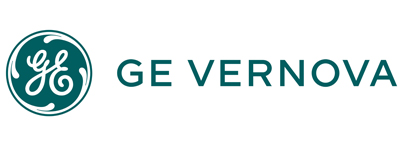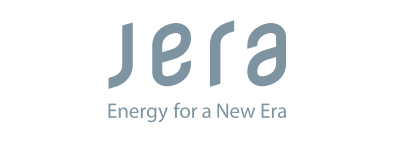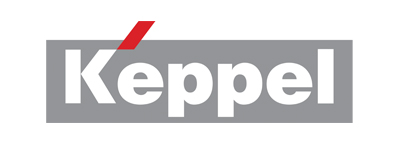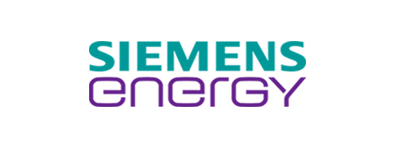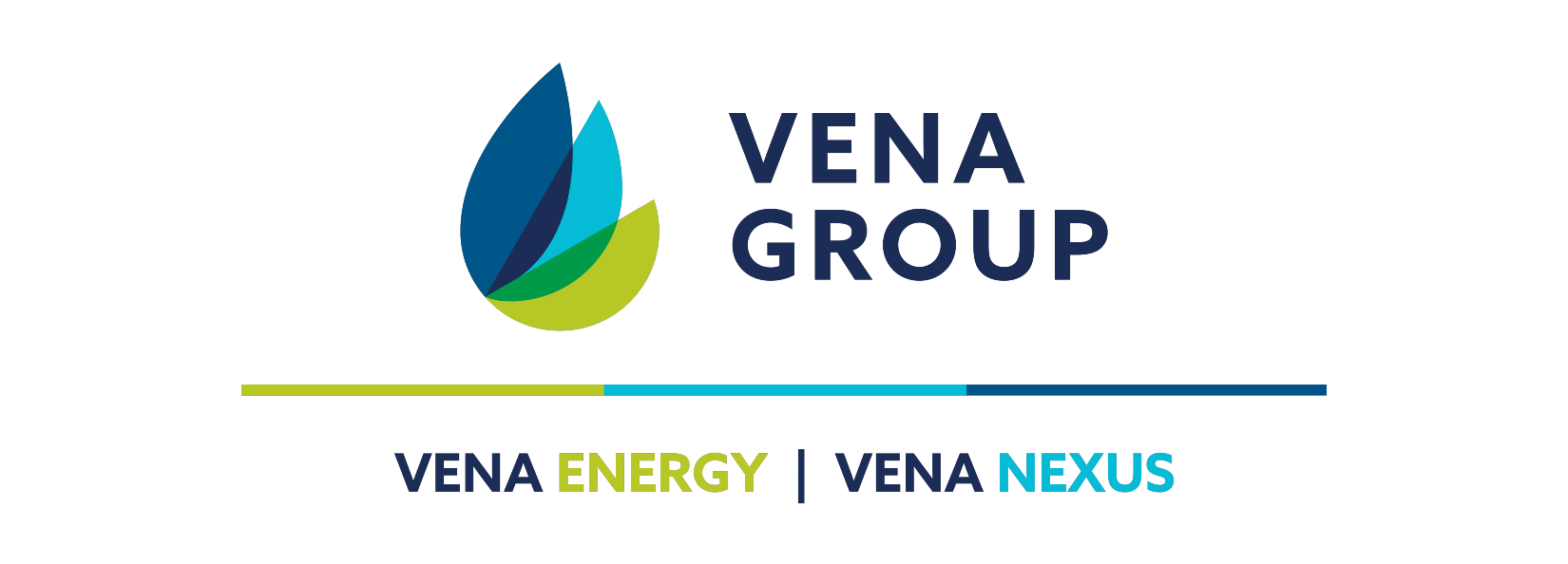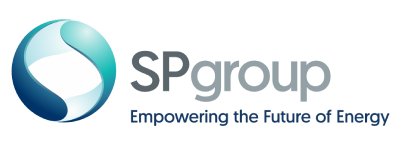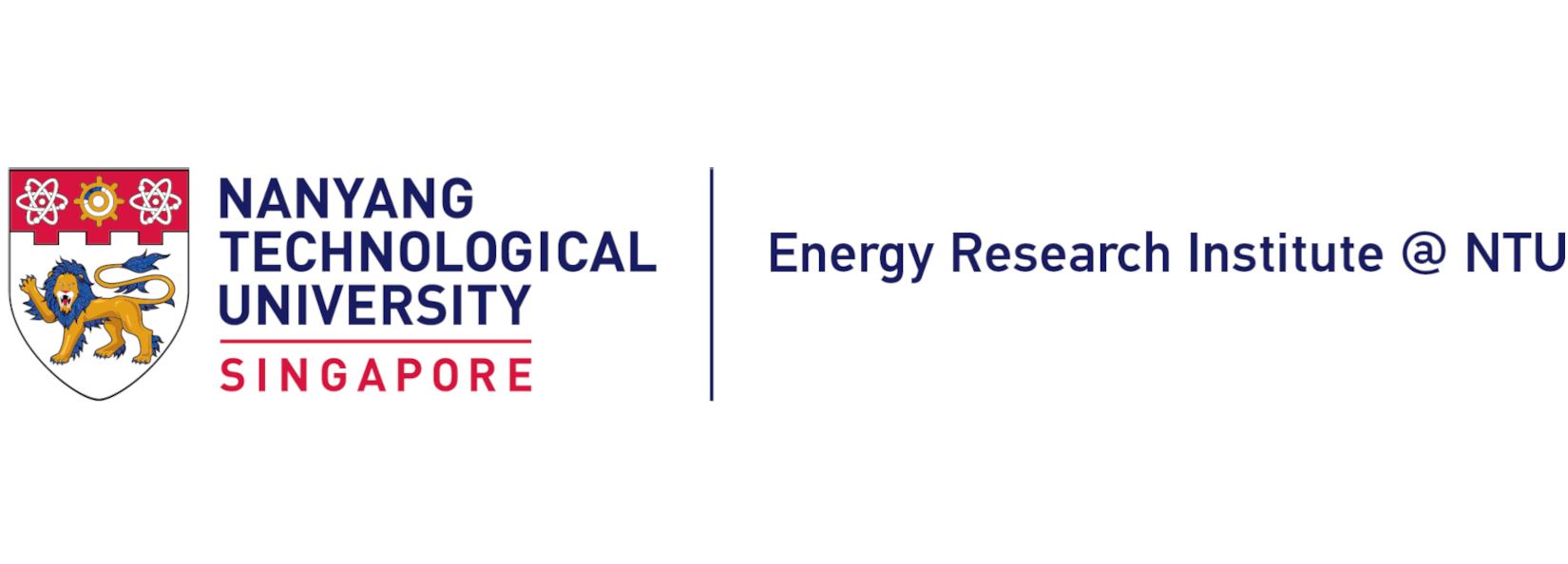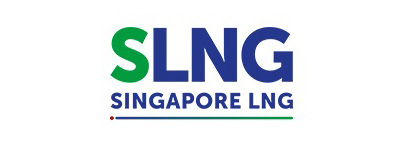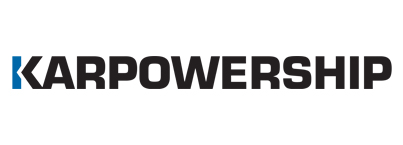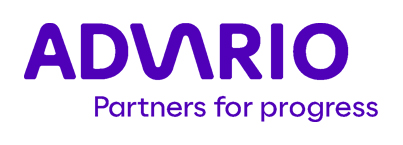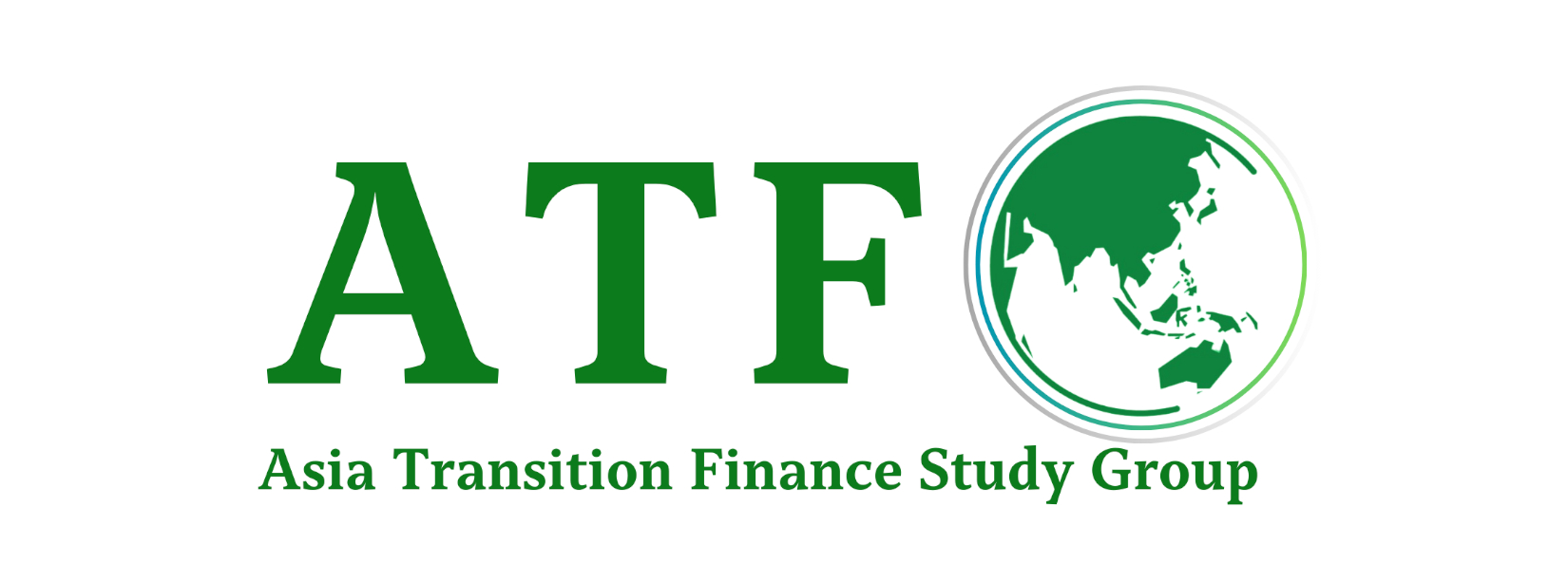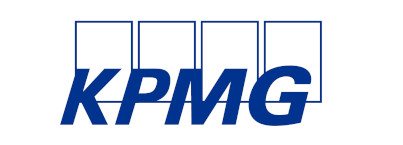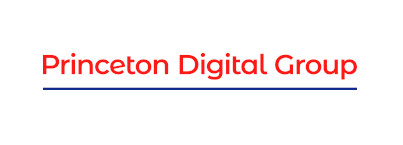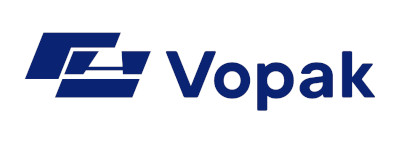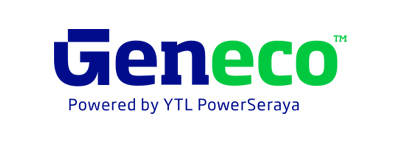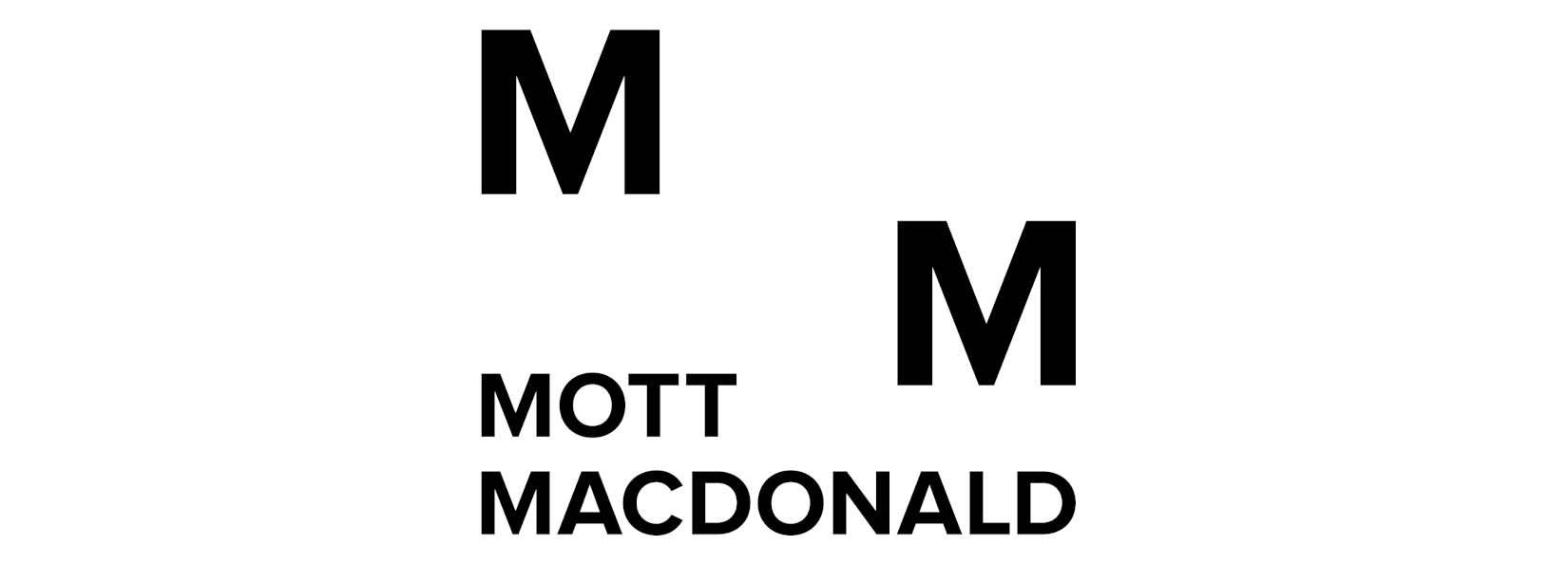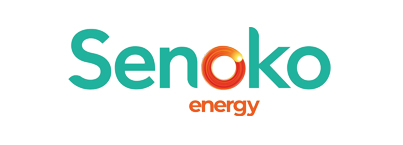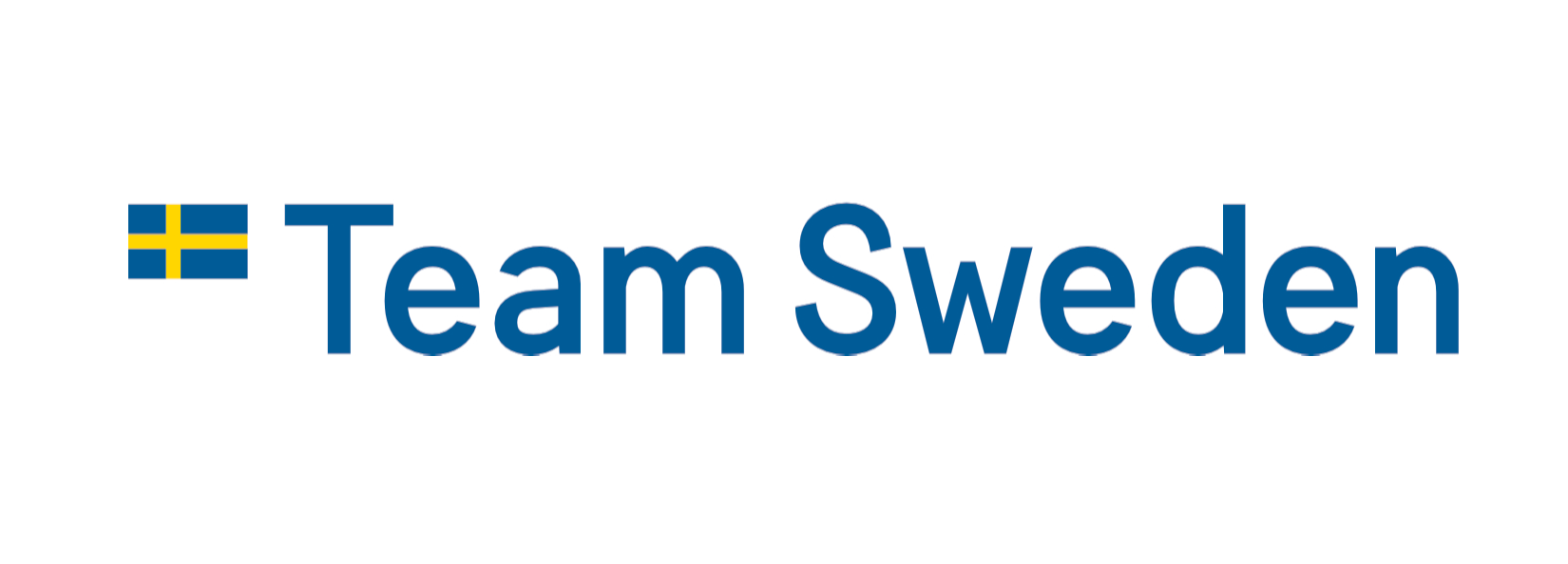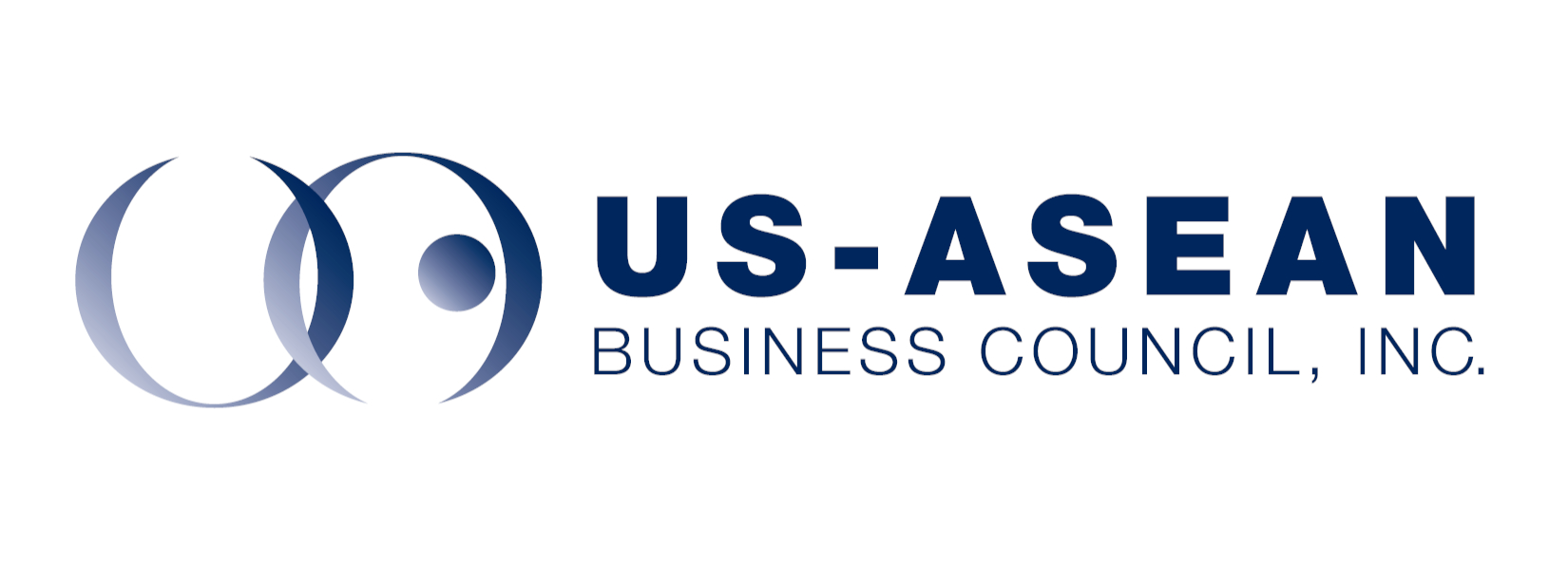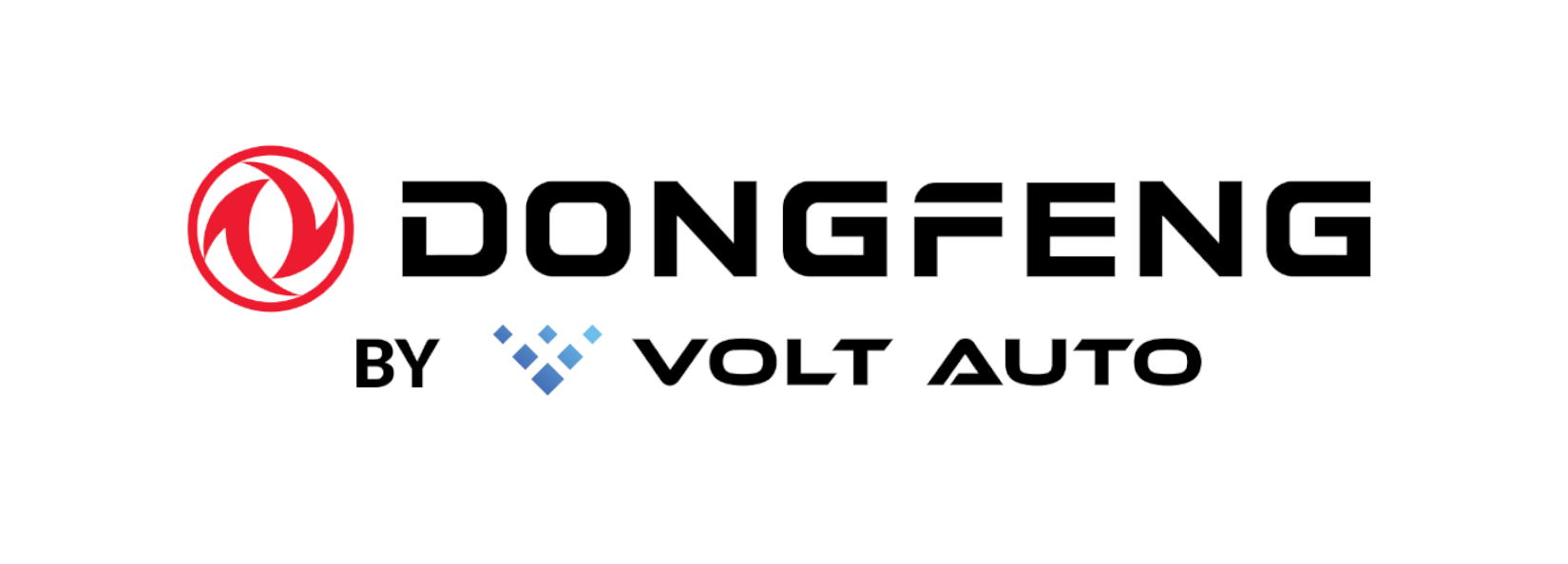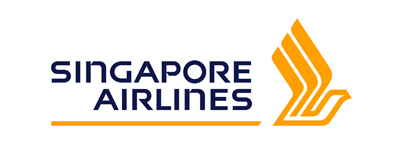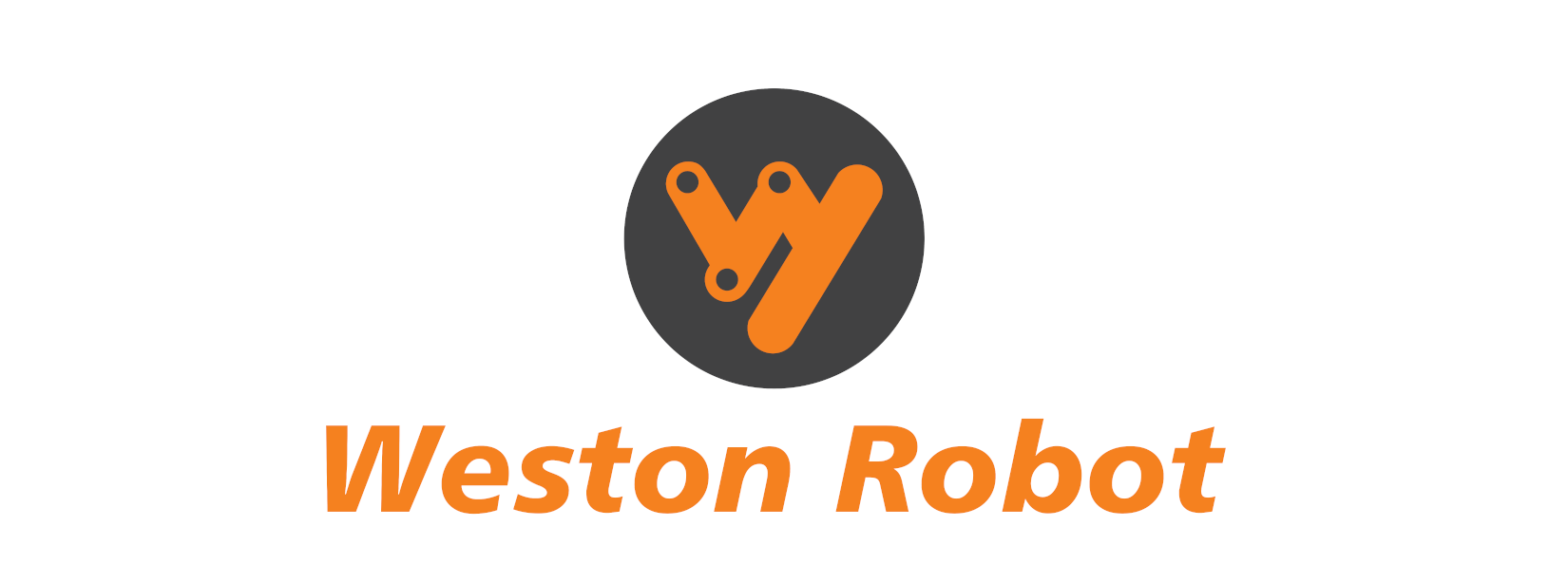The Asia-Europe Foundation brought together thought leaders from both the public and private sector to discuss pragmatic solutions for a successful transition to a green economy. Joyce Ng reports
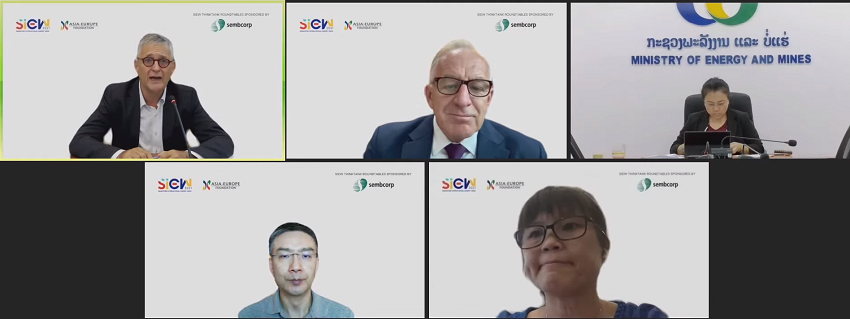
The pandemic has undoubtedly disrupted economies, trade and jobs worldwide. Speakers at the SIEW Thinktank Roundtable D shared insights on the need for new advances in technologies and stronger public-private partnerships to accelerate the energy transition.
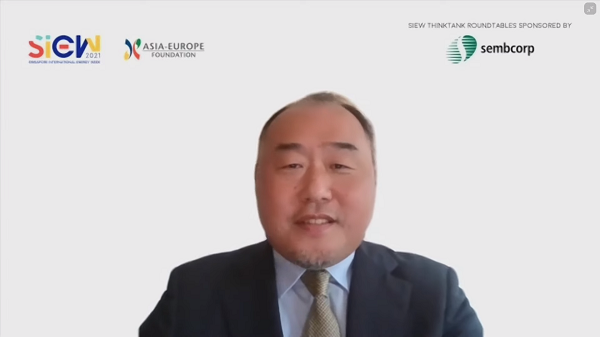
In his opening note, Ambassador Morikawa Toru, Executive Director, Asia-Europe Foundation, shared that a balanced and holistic approach is necessary for the world to transit to a green economy, highlighting that there is no “one-size-fits-all” solution. He urged countries to engage in in-depth dialogues and collaborations relating to financing, technology innovation and job creation for an accelerated world energy transition.
Financing is a key factor, in terms of what more affluent countries can do together with relevant international and private sector financial institutions to facilitate the global move towards cleaner energy and green economy. Speakers at the Roundtable session shared their views on this issue.
Dr Lei Lei Song, Principal Economist of the Asian Development Bank (ADB) noted that today’s climate issues stem from the heavy industrialisation of developed countries in the past decades. Consequently, he said collective efforts on technology and finance assistance need to be provided by these industralised nations to developing countries for an “inclusive, just and smooth” energy transition.
H.E. Jean-Paul Senninger, Ambassador of Luxembourg to Thailand, explained that government’s involvement is critical, adding that green and sustainable financing is a cornerstone of the Luxembourg Government’s strategy.
He mentioned the Luxembourg Green Exchange, a dedicated platform for issuers and investors who are focused on green instruments, as a fine example of his government’s effort. The ambassador further noted that investments should be targeted at e.g., dual use equipment, which can achieve energy savings and efficiency, and in the process, create jobs.
Creating jobs and growth opportunities in the green economy
How can governments and companies work together to identify what jobs are likely needed in the green economy? In a wide-ranging panel discussion moderated by Ambassador Leon Faber, Deputy Executive Director, Asia-Europe Foundation (ASEF), thought leaders touched on the aspects of collaborations to create green jobs and upscale people’s skills to fit these jobs.

Mdm Khotamy Chanthanmalinh, Deputy Director General DPC, Department of Planning and Cooperation, Ministry of Energy and Mines, Lao People’s Democratic Republic (PDR), shared her government’s focus on efficient use of natural resources and developing renewables. Through this initiative, the Lao PDR Government aims to work with private corporations to identify new jobs and renewable projects through labour market data analysis.
Jen Tan, Head of Integrated Solutions for Singapore and Southeast Asia in Sembcorp Industries, shared insights on the company’s future-ready mindset. She said the company is partnering with institutes of higher learning to (i) equip future workforce with the right capabilities, (ii) explore new sustainable solutions and (iii) adopt the end-to-end circular economy planning.
Dr Song noted the importance of massive technical and vocational skills training due to the emergence of distributed and decentralised energy sources. He also explained how small-medium enterprises would be more suited to meet localised needs given their competitive advantage over large corporations in responding to the fast needs of consumers.
H.E. Senninger highlighted that jobs are becoming highly-skilled and sophisticated, so it is critical to (i) start training people with good basic education and (ii) ensure heavy government investment. He cautioned, however, that society cost would be tremendous if people failed to ride on the energy transition wave. The key is training, education and life-long learning, he said.
Moderator, Ambassador Faber ended the discussion by echoing the panelists’ uniform views that COVID-19 pandemic has raised global awareness on climate issues and emphasising the urgent need to move towards a greener economy.
Follow us on Twitter (@SIEW_sg) to get the latest #SIEW2021 updates throughout the day!


